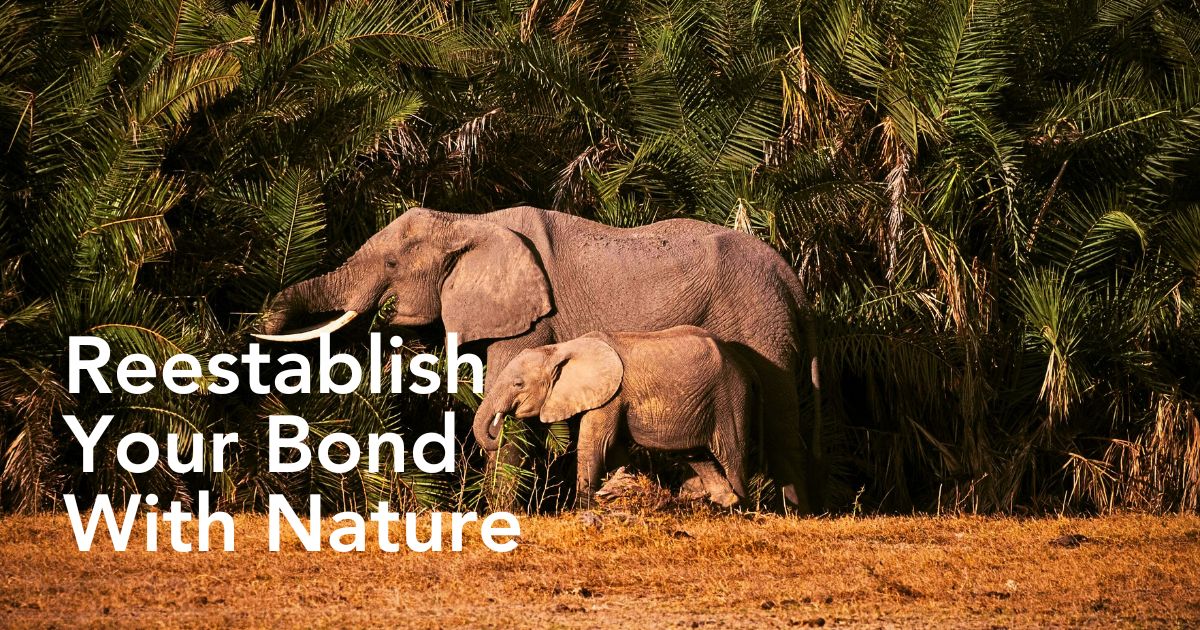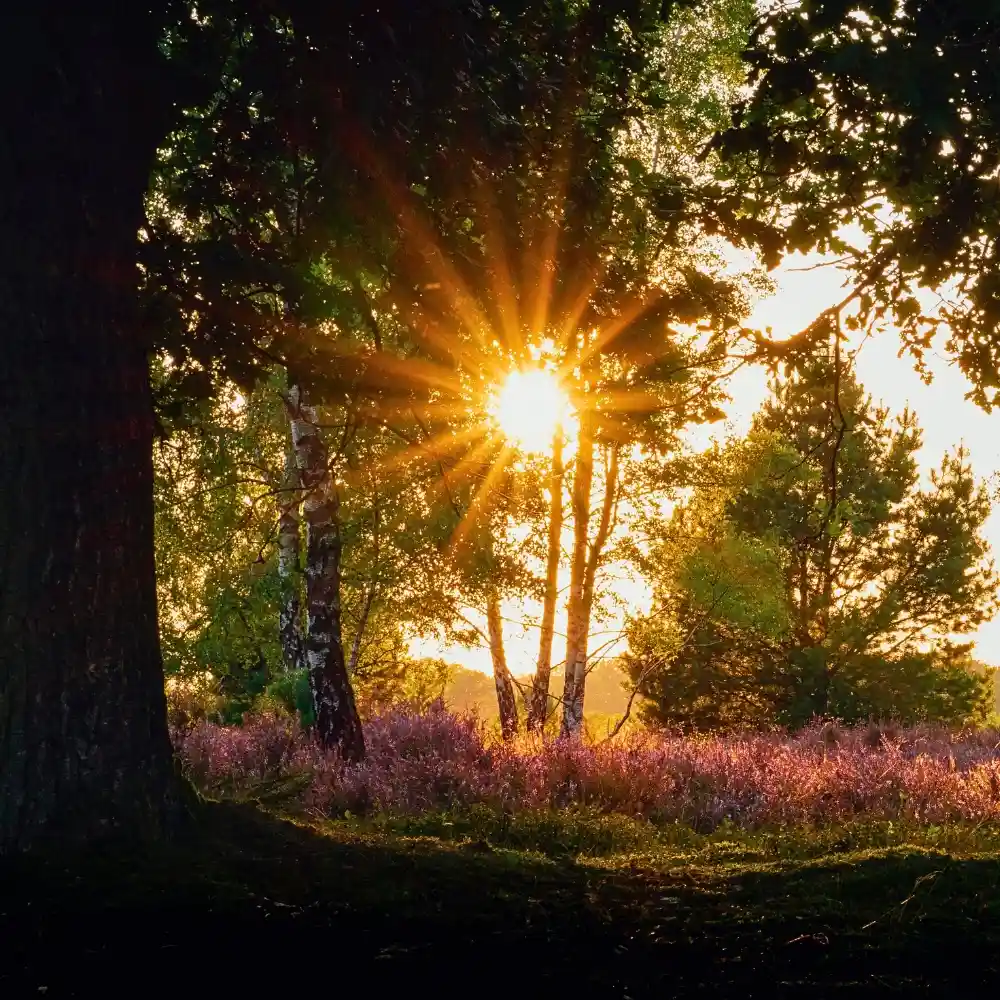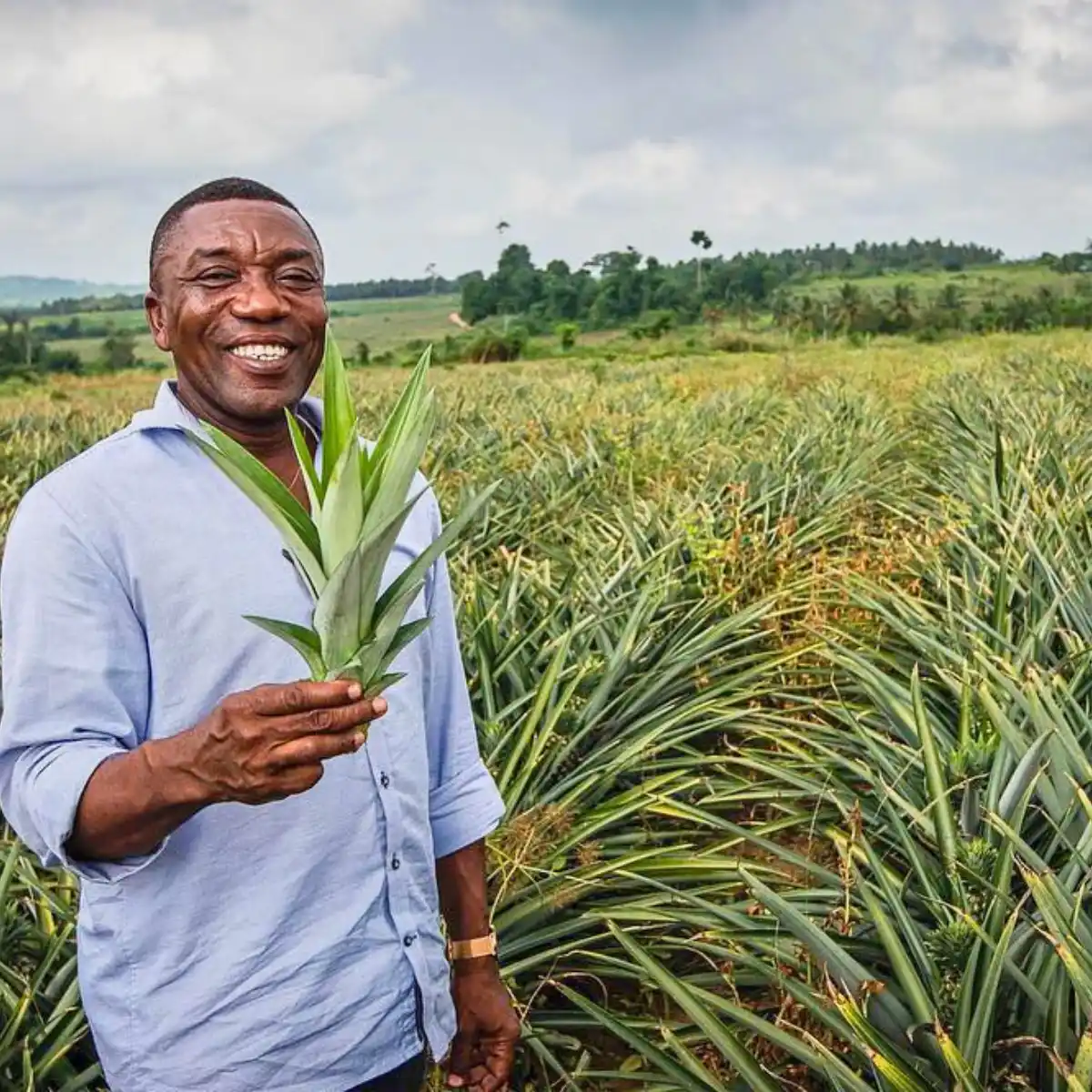Not only is Kenya blessed with the ideal conditions to produce among the most exquisite flowers anywhere in the world, but the country is also quite prominent when it comes to nature conservation. This, in fact, is a crucial factor in the current sustainability trends. Numerous initiatives have been established and continue to take place across the country, all aiming to spark and spur the eco-tourism model. This model presents an idea that encourages tourism directed towards the protection of exotic and often threatened wildlife and natural environments. The idea is intended to support conservation efforts while observing the wildlife.
What Is Eco-Tourism?
The concept of ecotourism has its roots in the 19th century when naturalists and explorers began to document the wonders of the natural world. Early visionaries like Scottish-born American naturalist John Muir—also known as John of the Mountains, or Father of the National Parks—and another American naturalist, Henry David Thoreau, advocated for the preservation of pristine landscapes, laying the philosophical groundwork for eco-tourism. The duo’s writings—among others—emphasized the inherent and aesthetic value of nature and urged people to connect with the environment on a deeper level by conserving it.
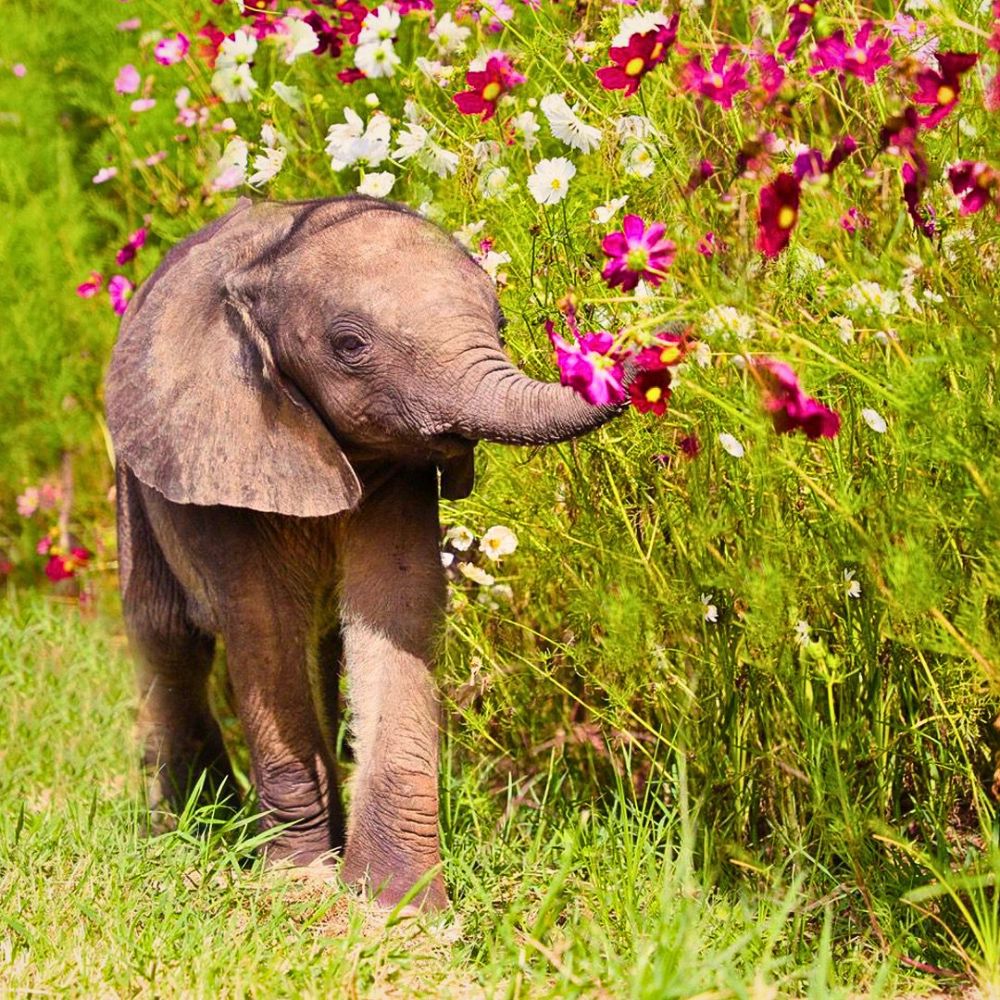
In the latter years, a conservationist called Hector Ceballos-Lascurain was credited with the first definition of eco-tourism in 1987. He defined it as tourism that consists of traveling to relatively undisturbed or uncontaminated natural areas with the specific object of studying, admiring, and enjoying the scenery and its wild plants and animals, as well as any existing cultural manifestations—both past and present—found in these areas.
The International Eco-tourism Society (TIES), a non-profit organization dedicated to the development of ecotourism since 1990, similarly defined ecotourism as responsible travel to natural areas that conserves the environment, sustains the well-being of the local people, and involves interpretation and education, both in its staff and guests. The International Union for Conservation of Nature (IUCN), on the other hand, looks at eco-tourism as a significant tool for conservation, though it shouldn’t be seen as a panacea for all conservation challenges. Other modern-day pioneers in this concept include Martha D. Honey, a co-founder of the Center for Responsible Tourism, among numerous others.
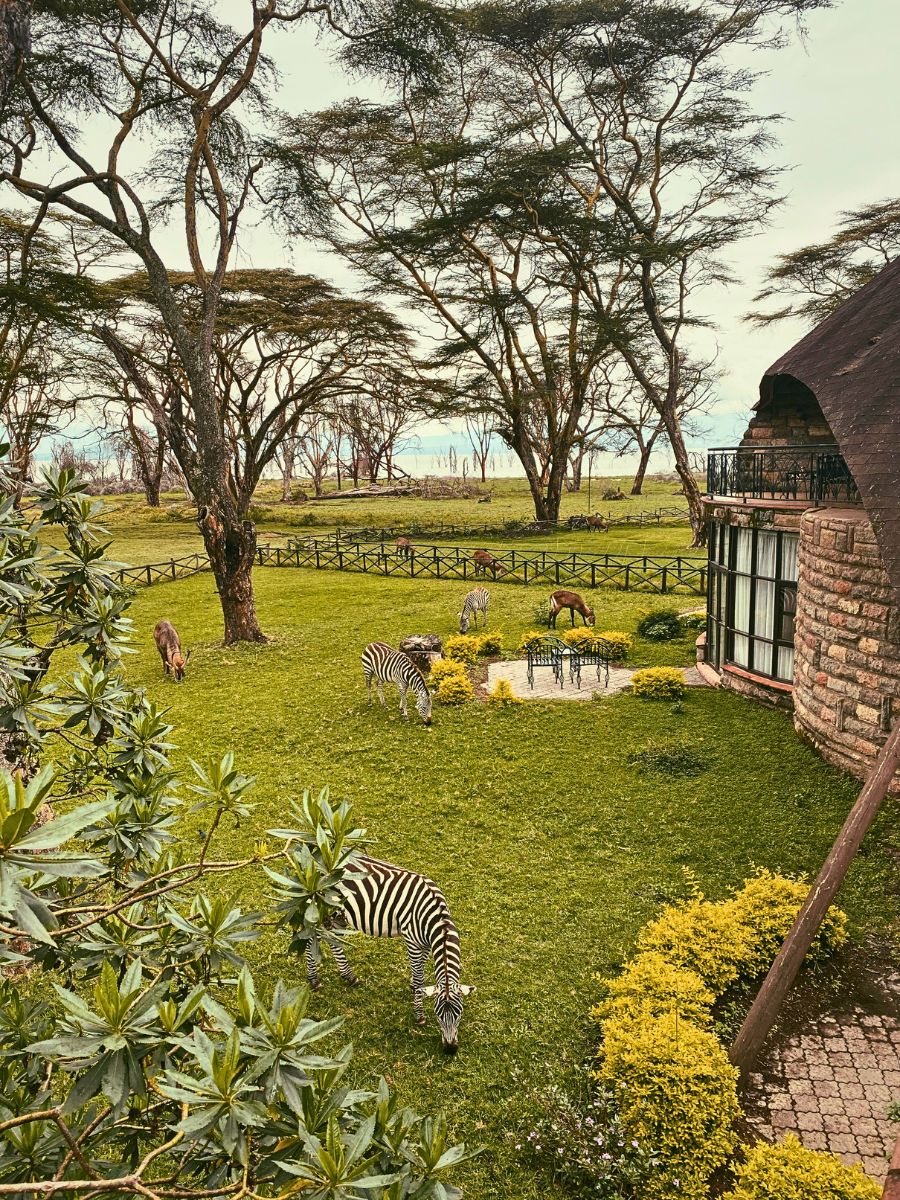
What Are the Principles of Eco-Tourism?
Eco-tourism, just like many other concepts, is guided by a set of principles. These are guidelines followed by those enthusiastic about it. The guidelines are intended to ensure its succesful implementation for the benefit of nature, the environment, biodiversity, and local communities. Three main principles guide this concept.
- Conservation: This is perhaps the most important component of eco-tourism because it is supposed to provide long-term, sustainable solutions to enhance the preservation and protection of biodiversity and nature. Conservation is mainly achieved through economic incentives that are paid by tourists seeking a nature-based experience. These can also come from tourism organizations themselves, research, or direct environmental conservation efforts.
- Community Participation: Eco-tourism is expected to create employment opportunities and empower local communities, where they are. The local communities in locations where eco-tourism sites are located ought to be involved and thus help in the fight against global social issues like poverty and achieving sustainable development.
- Interpretation: This is one of the most overlooked aspects of eco-tourism. It entails the education component of the eco-tourism concept. While it is perfect that tourists and visitors are touring these sites, it is also ideal that they learn about them. This increases their awareness about environmental issues and promotes a greater understanding and appreciation for nature.
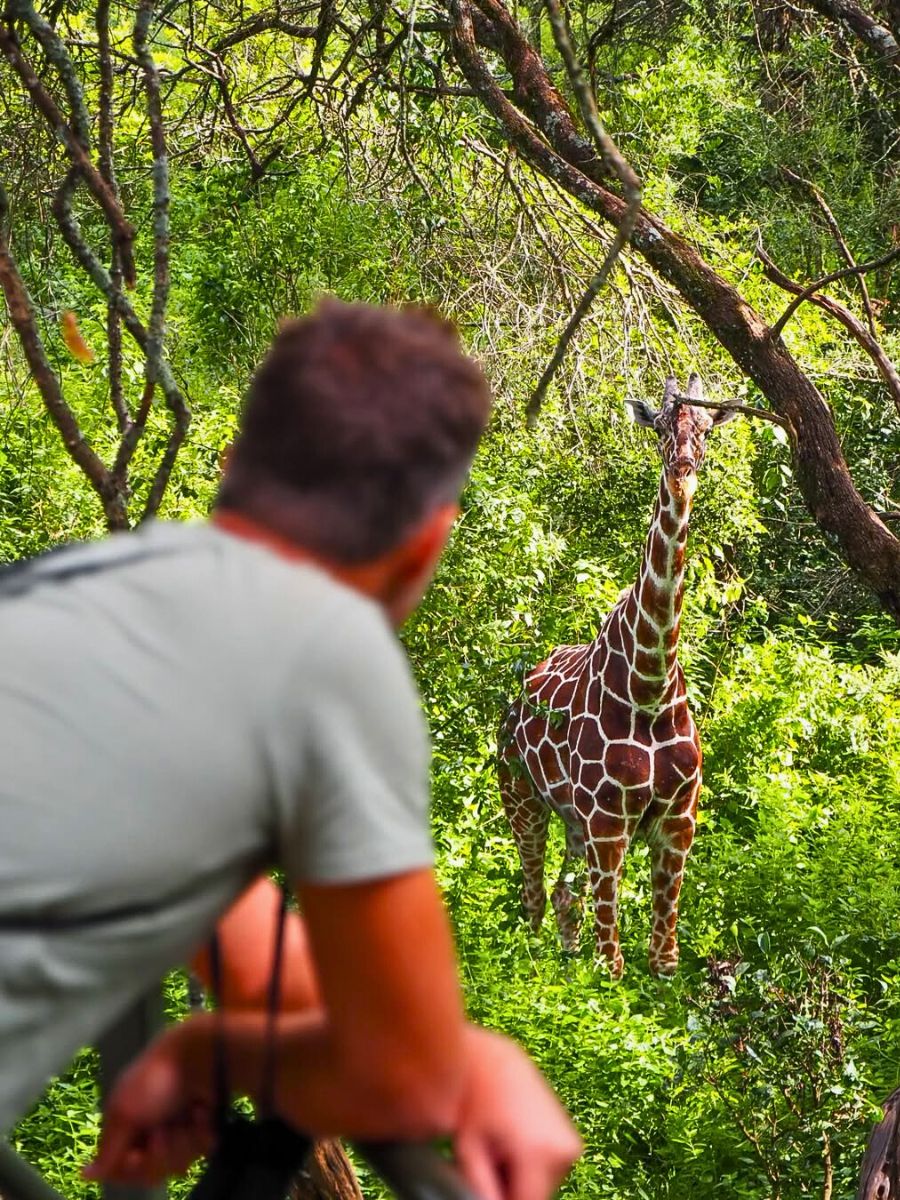
These three key principles can, however, be further grouped into several other sub-principles as established by the International Eco-Tourism Society. That, notwithstanding, he benefits of eco-tourism are wide-ranging all over the world. Countries, including Costa Rica, the Philippines, Madagascar, Bolivia, Brazil, Kenya, Ecuador, Venezuela, Guatemala, and Panama, as well as many others, are benefiting from this concept. It employs local communities, conserves and preserves nature and biodiversity, protects the environment and natural ecosystems, and enhances general tourism.
Some Eco-Tourism Sites in Kenya
In Kenya, eco-tourism is not only important for the conservation of the country’s natural resources. It also plays a leading role in the provision of livelihoods for a significant segment of the country's population. Kenya alone has six United Nations Educational, Scientific and Cultural Organization (UNESCO) World Heritage sites, which are key eco-tourism spots. Nonetheless, many other eco-tourism-focused initiatives thrive across the country. So, when visiting a flower company for business, floral events and fairs, or even for variety sampling purposes, you can be sure to have a supplementary pastime that you can partake in, just to relax, unwind, and interact with nature.

One of the best examples of eco-tourism in Kenya is the Maasai Mara National Reserve, an iconic reserve that is home to a variety of wildlife and plant life. This is where the famous Great Migration of wildebeests and zebras takes place. Maasai Mara is also home to several local Maasai communities that have been working with conservation organizations to develop sustainable eco-tourism initiatives that not only provide economic benefits to them but also help protect the wildlife and ecosystems within the reserve.
Also in line is the Amboseli National Park, located just at the foot of Mount Kilimanjaro and known for its large elephant population and breathtaking views of the continent’s highest mountain. This is also an eco-tourism destination worth paying a visit to and interacting with the local people. Several small-scale eco-tourism projects run within the bigger park and outside it. And, of course, the locals benefit from these as well. The park is also home to the Maasai people, who have been working with conservation organizations to develop sustainable eco-tourism projects that provide economic benefits to their communities while also helping to protect wildlife and natural ecosystems.
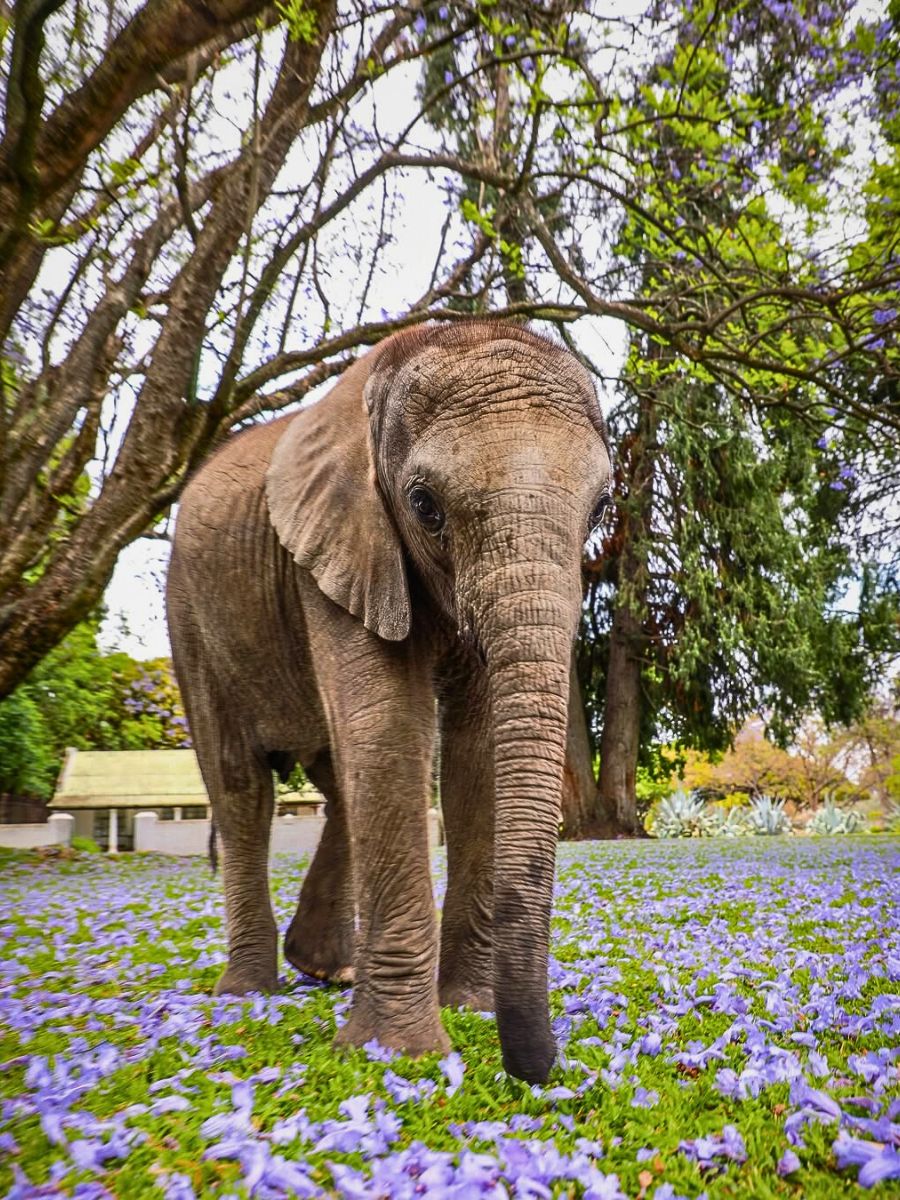
Laikipia region in the northeast of the Great Rift Valley also possesses some great eco-tourism destinations, including the Ol Pejeta Conservancy, which has the largest black rhino sanctuary in East Africa, and has been home to the world’s last remaining northern white rhino. It is also home to over 300 bird species and other wild animals. Within the same region, there is also the Ol Jogi Wildlife Conservancy, the country’s second-largest rhino sanctuary, and home to endangered wild species including the reticulated giraffe and Grevy’s zebra. Loisaba Conservancy, also in the region, was established to protect and enhance critical wildlife diversity and habitats, and is home to more than 200 species of birds, as well as elephants, buffalo, Grevy’s zebra, giraffes, lions, leopards, and cheetahs. Other destinations in the region include Ol Ari Nyiro, Sosian, Ol Lentille, and Mugie, among others.
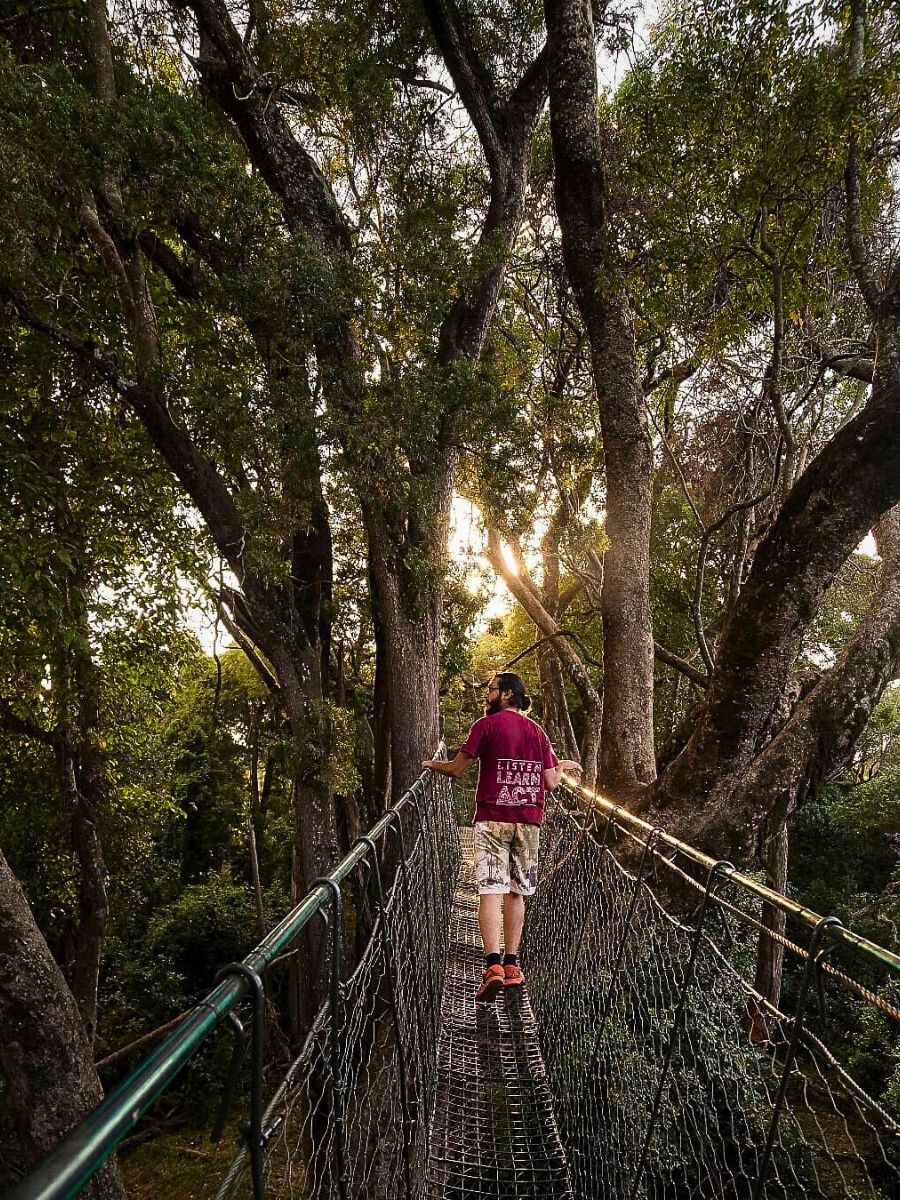
The Nanyuki-Timau-Meru region, just next to Mt Kenya, has numerous destinations, including Lewa Conservancy, where the Lewa Safari Marathon, an annual event rated one of the world’s top 10 marathons, takes place. This marathon has people enjoying memorable runs alongside some of the most iconic wildlife, and the funds raised go into helping wildlife conservation and other community programs. There are numerous others, including Meru National Park, Gaketha Elephant Maternity, and Ngare Ndare Forest, just a few miles from Kisima Flowers.
Within Kenya’s coastal region, the vast Arabuko-Sokoke Forest hosts lots of sites worth exploring, including the Kipepeo Project, which focuses on rearing butterflies of different varieties collected from the forest, the Sacred Mijikenda Kaya Forests, numerous mangrove cultivation initiatives along the coast, marine reserves including the Kiunga, Kisite, and Mpunguti, Maziwe Island, Watamu, Wasini Island, and the Mombasa National Park, among others.
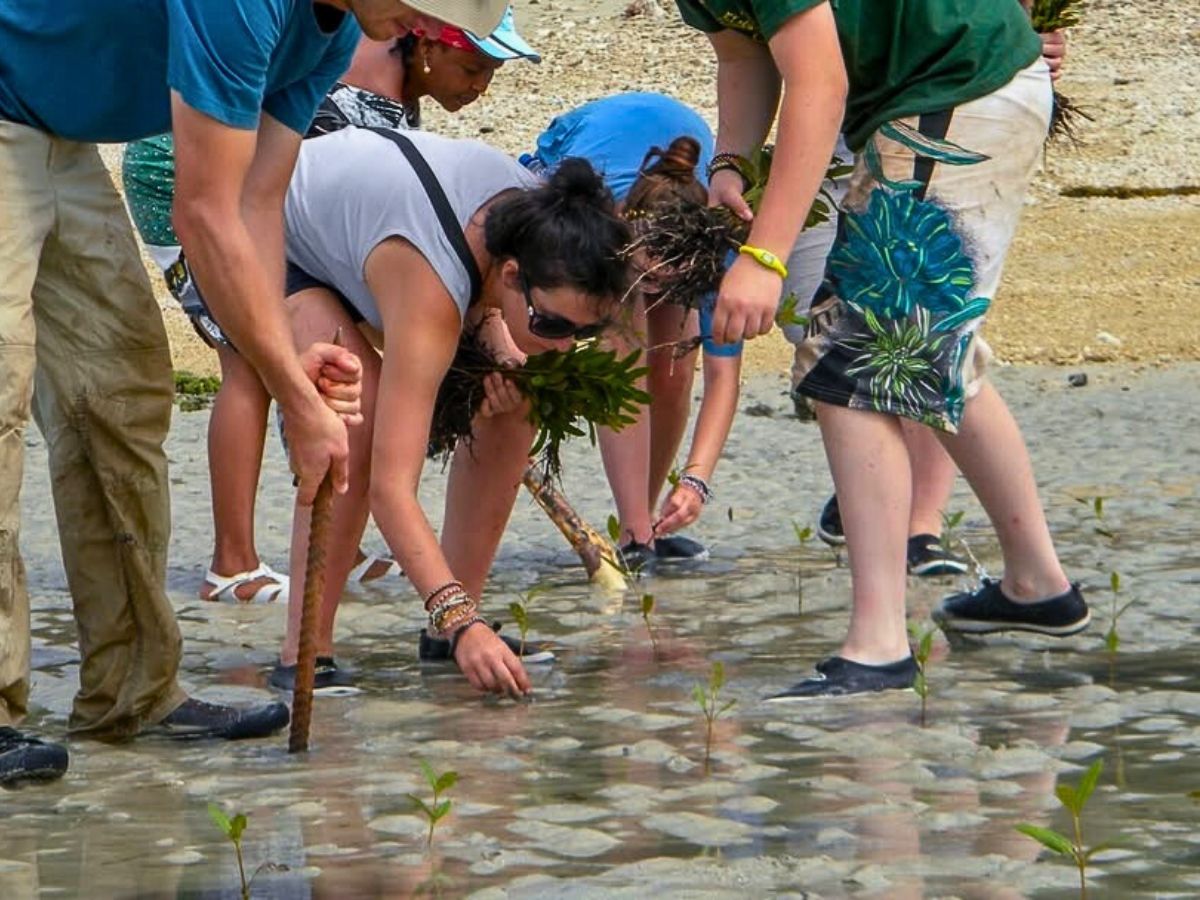
The East African Whale Shark Trust also manages eco-tours for diving alongside scientists in the Indian Ocean to study whale shark behavior, physiology, and movement. These are educational undersea safaris to observe the ocean and raise awareness about species like the whale shark. Essentially, Kenya as a country has many such scenic conservation initiatives that nature enthusiasts can explore and not only gain insights and inspiration as they unwind, but also contribute to overall nature conservation and empower local communities.
Eco-Tourism Is a Worthwhile Nature Conservation Cause Worth Trying Out
Eco-tourism is not only a means of attracting visitors but also helps to protect and preserve Kenya’s—and any other country’s—natural resources. It also, as widely noted, provides economic and social benefits to local communities in the process. It is a great way to experience the beauty of Kenya while also helping to ensure that future generations can enjoy it as well.
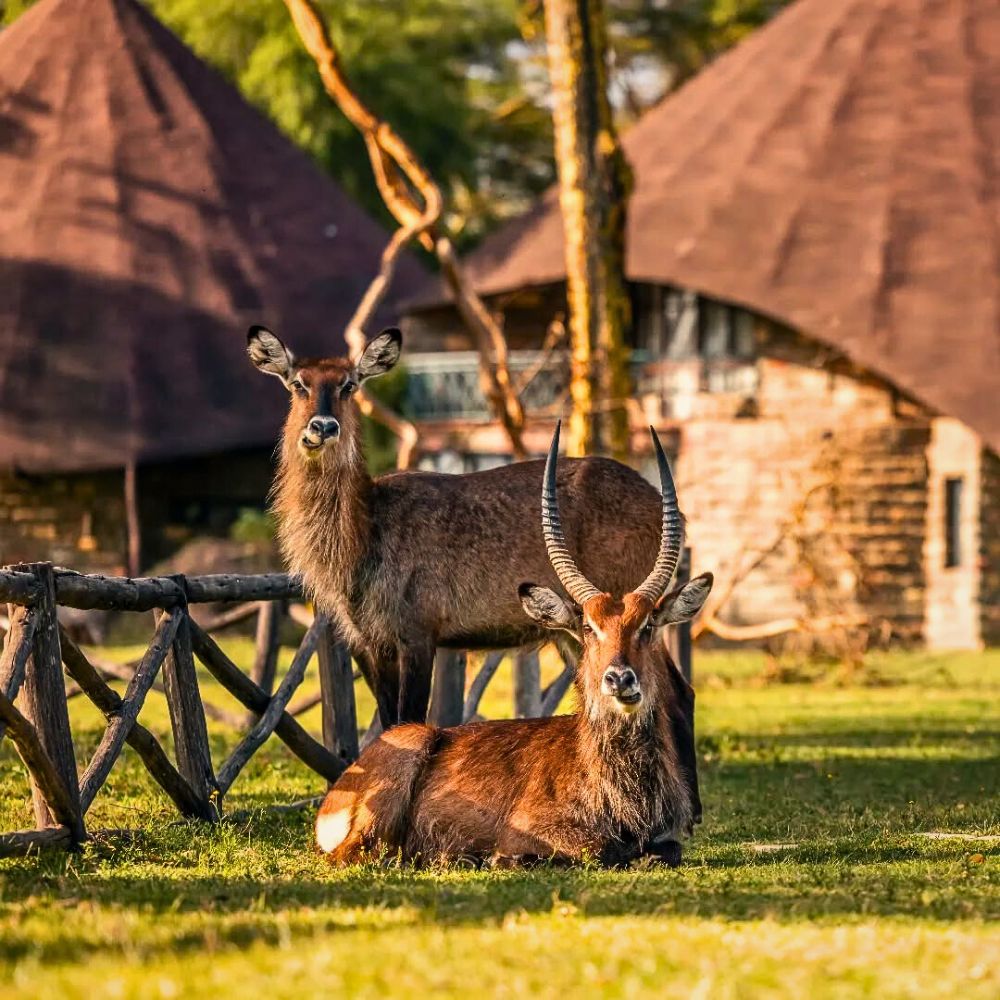
When planning your trip to this East African country for your ultimate flower experience, also consider visiting and supporting these sustainable eco-tourism initiatives that benefit local communities and protect the natural environment. It would be worth your time!
Feature image by @marginpar, header image by image by Tanja Hersche

